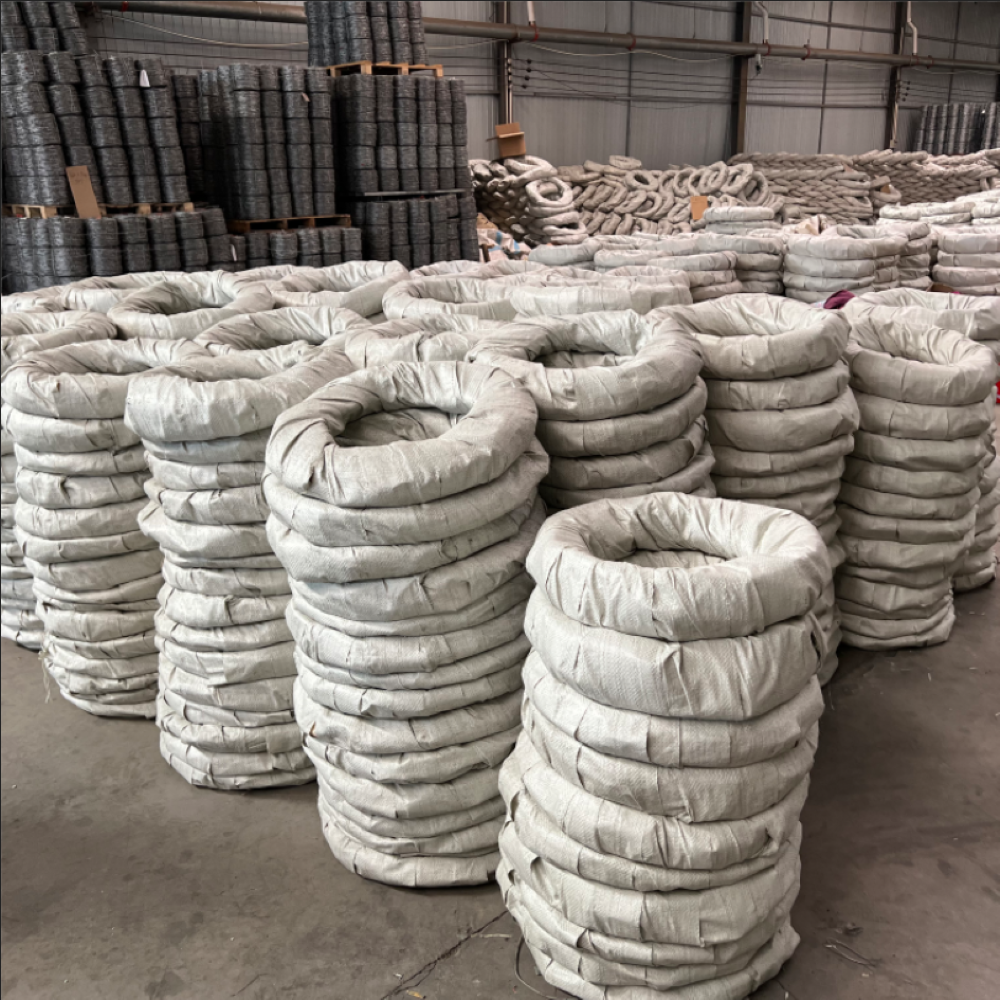weld mesh gauge
Understanding Weld Mesh Gauge A Comprehensive Guide
When it comes to the world of construction and design, the importance of materials cannot be overstated. Among these materials, welded wire mesh, or weld mesh, plays a pivotal role in providing strength, stability, and support in various applications. One of the critical components in understanding weld mesh is the gauge, which significantly influences its performance and suitability for different projects.
What is Weld Mesh?
Weld mesh is made from wires that are electrically welded at their intersections to create a strong and durable grid-like structure. This mesh can come in a variety of diameters, spacing, and coatings, allowing it to be tailored for specific uses. Common applications include reinforcement for concrete, fencing, and even agricultural applications, such as livestock enclosures.
Understanding Gauge
The term gauge in the context of welding mesh refers to the thickness of the wire used to create the mesh. In the United States, a lower gauge number indicates a thicker wire, while a higher gauge number represents a thinner wire. The gauge of the wire plays a critical role in determining its strength, flexibility, and suitability for different applications. For instance, a 10-gauge wire is thicker and stronger than a 16-gauge wire, making it more appropriate for heavy-duty applications.
Factors Influencing Wire Gauge Selection
1. Load-Bearing Requirements Different projects have different load requirements. A construction project that needs to support heavy loads would necessitate a thicker gauge mesh, while a garden fence may only require a thinner gauge.
2. Environmental Conditions If the weld mesh will be exposed to harsh weather conditions or corrosive environments, a thicker gauge may be needed to withstand the elements and provide longevity.
3. Application Type The intended use of the mesh significantly affects the gauge chosen. For example, architectural applications may require a higher aesthetic value, where thinner gauges might be advantageous for appearance yet still sturdy enough for the application.
4. Flexibility Needs In applications where the mesh needs to bend or conform to a shape, a thinner gauge may be preferable to maintain flexibility without breaking.
Common Wire Gauges for Weld Mesh
weld mesh gauge

Weld mesh is available in a variety of gauges, each serving different purposes
. Common gauges include- 8-10 Gauge Ideal for heavy-duty applications, such as industrial flooring or wall reinforcement. This gauge provides the strength needed to support significant loads and withstand physical stress.
- 12-14 Gauge Often used in residential fencing or garden applications. It offers a balance of strength and flexibility, making it suitable for various outdoor uses.
- 16-18 Gauge Typically used for lightweight projects. This gauge is often employed in greenhouse construction or light agricultural tasks.
Advantages of Using Weld Mesh
The use of weld mesh offers numerous benefits, including
- Strength Weld mesh provides excellent tensile strength, making it suitable for reinforcing concrete and other structures.
- Versatility With varying gauges and configurations, weld mesh can be adapted for numerous applications across different industries.
- Cost-Effectiveness Welded wire mesh is often more affordable compared to other reinforcement materials, providing an economical solution for construction and design projects.
- Easy Installation The uniformity and lightweight nature of weld mesh make it easier to handle and install, saving time and labor costs.
Conclusion
Selecting the appropriate weld mesh gauge is crucial to ensure that the material meets the demands of its intended application. Understanding the factors that influence wire gauge selection, along with the strengths and limitations of different gauges, can make a significant difference in the performance and durability of the project. Whether for industrial, residential, or agricultural use, weld mesh continues to be an essential component in achieving structural integrity and reliability. As such, careful consideration of wire gauge will ensure that projects not only stand the test of time but also meet the specific needs of their environment.
-
Space-Saving Chain Fence Hacks Vertical Gardening with Cyclone MeshNewsJul.16,2025
-
Innovations in Iron Nail Wire Production for Modern ConstructionNewsJul.16,2025
-
Creative Uses of Wire Netting Fence in Modern Landscape DesignNewsJul.16,2025
-
Barbed Wire Fence Innovations in Anti-Climb TechnologyNewsJul.16,2025
-
Architectural Uses of Umbrella Nails for Aesthetic Roof DesignsNewsJul.16,2025
-
Architectural Uses of Razor Barbed Wire in Secure Urban DesignNewsJul.16,2025




